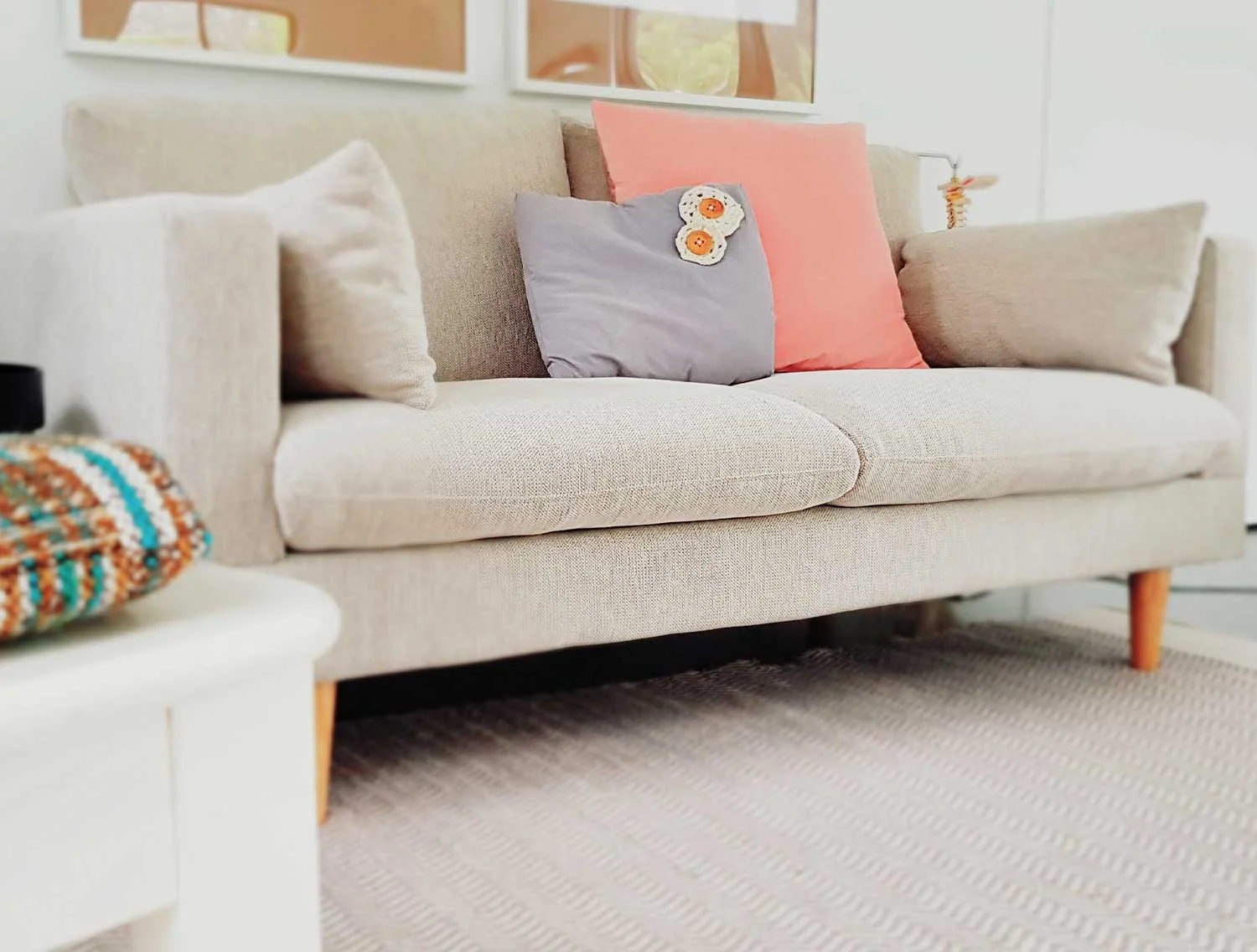Are You Training your Brain and Spirit Too?
/In the physio/nutrition world we call it ‘continuing professional development’ but the basic idea of always learning, upskilling, improving your skills as well as your qualifications and self has been around for years – and for good reason.
Just like our body and the muscles we know benefit from being used and trained for our whole life, so too should we be ‘training’ our brain, and not just to prevent conditions such as dementia, Alzheimers and memory loss (1).
From a professional and personal point of view, continuing to educate ourselves (and this doesn’t have to mean going to uni or doing regulated study) is extremely important for us to become better in what we do as a profession as well as in our personal lives because the reality is that the world we live in is constantly changing and research, knowledge and best practice does too. There’s two quotes that sum this up nicely:
“Life is change. If you aren't growing and evolving, you're standing still, and the rest of the world is surging ahead.” ― Louise Penny, Still Life
“Look around you. Everything changes. Everything on this earth is in a continuous state of evolving, refining, improving, adapting, enhancing…changing. You were not put on this earth to remain stagnant.”
― Steve Maraboli, Life, the Truth, and Being Free
I love this one too:
“There are two kinds of people. One kind, you can just tell by looking at them at what point they congealed into their final selves. It might be a very nice self, but you know you can expect no more surprises from it. Whereas, the other kind keep moving, changing... They are fluid. They keep moving forward and making new trysts with life, and the motion of it keeps them young. In my opinion, they are the only people who are still alive. You must be constantly on your guard against congealing.” ― Gail Godwin
Yes, I’m a huge fan of personal and spiritual development as well, and believe we should constantly be seeking to improve ourselves so we can leave this world smarter, wiser and better than we were when we came into it – and that includes how we’ve impacted on others as well.
Some tips:
- Anything that makes you excited, eager to turn a page or wanting to know more counts as development
- At the same time, anything that makes you have to think a bit more and use that noggin is also pushing you outside your comfort zone and considered learning
- A note about comfort zones – they’re named that because they are comfortable NOT because they cause you to grow and evolve. In order to be better we need to strive for better.
- The best way to learn is to surround yourself with people that are smarter, faster, wiser and more proficient than you (this can be via books, podcasts or in person) – they will lift you up to a level you can only imagine is possible BECAUSE you have them in your life. Embracing the power in using what others have learnt to develop yourself is the biggest sign of intelligence – and passing your knowledge on to others is the greatest sign of true personal evolution.
References:
1. Gates, N., & Sachdev, P. (2014). Is Cognitive Training an Effective Treatment for Preclinical and Early Alzheimer's Disease?. Journal Of Alzheimer's Disease, 42(s4), S551-S559. doi: 10.3233/jad-141302

